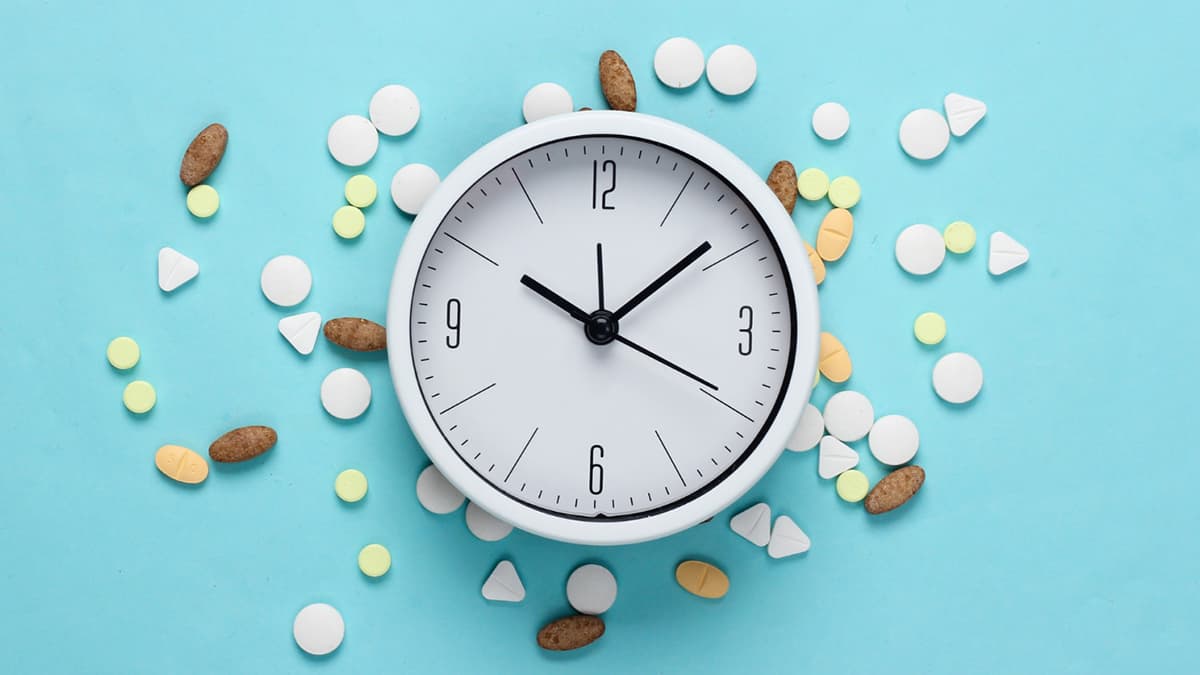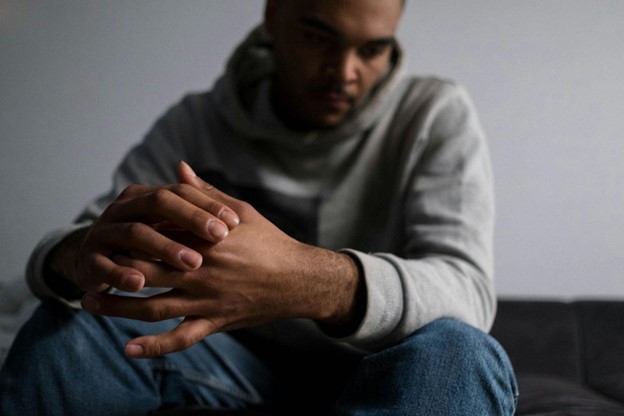We all know that getting enough sleep is crucial for our health.
Research has documented the numerous benefits: improved energy levels and mood, better blood sugar and triglyceride profiles, sharper cognition and memory, more motivation to move, less stress, and improved heart health. Adding sleep-aid gummies or other supplements may help promote relaxation and can help you get much-needed deep rest at night.
But as it turns out, getting at least seven hours of sleep per night might not be enough. Research suggests that when you go to sleep can play just as significant a role for long-term health.
So, what does that mean? Let’s dive into the science to find out.
The Scientifically Best Time to Sleep
You’ve probably heard the popular quote that’s often attributed to Benjamin Franklin:
“Early to bed and early to rise makes a man healthy, wealthy, and wise.”
While that’s a good rule of thumb for many reasons, there might be a better option that fits our modern lifestyles better.
According to a UK Biobank study, going to bed between 10 and 11 PM may be better for cardiovascular health.
Bedtimes outside this narrow window were associated with a higher incidence of cardiovascular disease. Specifically, the findings showed that going to bed before 10 PM and after 11 PM was worse than hitting the sack between 10 and 11 PM.
Unsurprisingly, going to bed after midnight was associated with the highest risks.
Another interesting finding of the paper was that going to bed early (before 10 PM) and late (after midnight) was associated with a higher risk of heart problems in women. For men, only going to bed early was linked to such risks.
It’s also worth noting that these outcomes were independent of average sleep time or sleep disturbance, indicating that sleep timing alone can influence potential health risks.
The second study examined the impact of social jetlag on gut microbiota, diet, and cardiometabolic health.
Social jetlag was defined as a difference of 1.5+ hours in sleep timing between the workdays and weekends. It occurred more often in young men and was associated with reduced sleep time (typically fewer than seven hours).
First, social jetlag was associated with changes in gut microbiota (the composition of bacteria and other microorganisms in the gut). Researchers speculated that even mild circadian misalignments can have a negative impact on gut health.
Second, participants with social jet lag had worse diets and consumed more processed food (like sugary beverages) and less healthy food like fruits and nuts.
Third, certain inflammatory markers were elevated mildly (though not significantly, according to the authors) in people with social jetlag. That said, men had higher inflammatory marker levels than women.
What Does All of This Mean For You?
You’re probably wondering, “What time should I go to bed then?” so let’s do a quick breakdown.
Though we need more research, going to bed between 10 and 11 PM could provide some health benefits. This is great for most people working regular jobs, as it is still reasonably late (at least a few hours after work) and gives people enough time to get quality sleep, even if they wake up at 6 AM.
Also, remember that sleep consistency also matters for health and well-being. Set up a schedule where you fall asleep and get up at similar times during the week as well as on the weekend.
Finally, remember that the best sleep schedule is one you can sustain. So, if you’re wondering when to go to bed, consider when you need to wake up and give yourself seven to eight hours of sleep.








Leave a Reply
You must be logged in to post a comment.